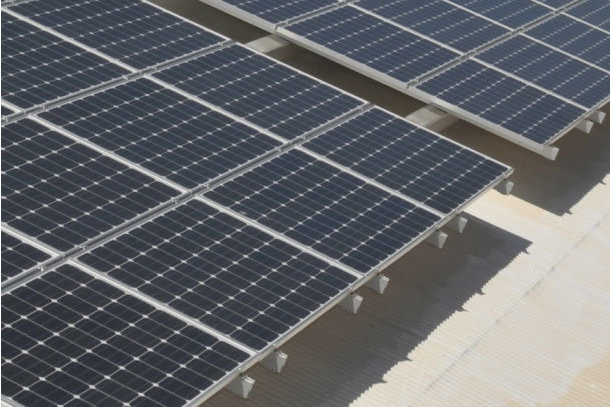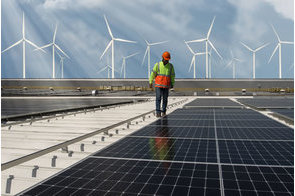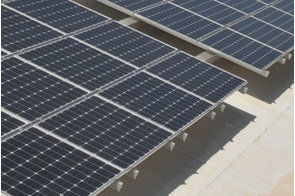Africa accounts for 0.6% jobs in global renewable energy sector – IRENA

Summary
A new IRENA report shows the renewable energy sector employed 9.8 million people worldwide in 2016.
A new report by the International Renewable Energy Agency (IRENA), an intergovernmental organization that supports countries in their transition to a sustainable energy future, has shown that the renewable energy sector employed 9.8 million people worldwide in 2016. This is a 1.1% rise over 2015 employment figure, according to the report, which was released today.
While the report finds that globally, 62% of the jobs are located in Asia, Africa accounts for a paltry 62,000 jobs (or 0.63% of the total jobs), half of which are located in South Africa and one-fourth in North Africa.
The report, called Renewable Energy and Jobs – Annual Review 2017, provides the latest employment figures of the renewable energy sector and insight into the factors affecting the renewable labour market.
According to IRENA, China continues to lead renewable energy employment, with 3.64 million jobs in 2016, up 3.4% from the previous year. Solar PV accounted for close to 1.96 million jobs, of which 1.3 million were in manufacturing.
Brazil, the second renewable energy labour market in the world, accounted for 1.1 million clean energy jobs, with much of the employment found in liquid biofuels. The United States, India, Japan and Bangladesh are ranked third, fourth, fifth and sixth in the global renewable energy employment market. India alone employed 621,000 people in the renewable energy sector last year, according to the IRENA report, which was published in partnership with the Clean Energy Business Council (CEBC) and Bloomberg New Energy Finance (BNEF).
“Falling costs and enabling policies have steadily driven up investment and employment in renewable energy worldwide since IRENA’s first annual assessment in 2012, when just over five million people were working in the sector,” said IRENA Director-General Adnan Z. Amin. “In the last four years, for instance, the number of jobs in the solar and wind sectors combined has more than doubled.”
In terms of job opportunities in the different segments of the value chain, the report shows that solar photovoltaic (PV) was the largest employer last year, with 3.1 million jobs — up 12% from 2015 — mainly in China, the United States and India.
Global wind employment reached 1.2 million jobs last year. Job opportunities in other segments were large hydropower (1.5 million jobs), liquid biofuels (1.7 million jobs), solid biomass (700,000) and biogas (300,000). Jobs in solar heating and cooling declined 12% to 800,000.
"As the scales continue to tip in favour of renewables, we expect that the number of people working in the renewables sector could reach 24 million by 2030, more than offsetting fossil-fuel job losses and becoming a major economic driver around the world,” Amin added.
Despite the scarce jobs data in Africa, IRENA said several African countries are making important strides in utility-scale renewables while important developments are taking place in the off-grid sector.
“In some African countries, with the right resources and infrastructure, we are seeing jobs emerge in manufacturing and installation for utility-scale projects,” said Rabia Ferroukhi, Head of IRENA’s Policy Unit and Deputy Director of Knowledge, Policy and Finance. “For much of the continent however, distributed renewables, like off-grid solar, are bringing energy access and economic development. These off-grid mini-grid solutions are giving communities the chance to leap-frog traditional electricity infrastructure development and create new jobs in the process.”
The report also shows that gender discrimination in renewable energy employment seems less pronounced than in the energy sector at large. However, challenges to employment and promotion remain.
Related
-
Facilitating sustainable and clean energy in Africa
Like Access Bank is doing, other organisations need to intensify their ESG efforts, including facilitating access to ...
-
Finnfund invests $20m in fund for clean energy, climate mitigation in Africa
Evolution III closed at $199.4 million in conditional commitments from seven international investors, including several ...
-
Renewable energy will power future growth of cities – IRENA
The proliferation of renewable energy is a means to achieve a sustainable urban future and common prosperity.









